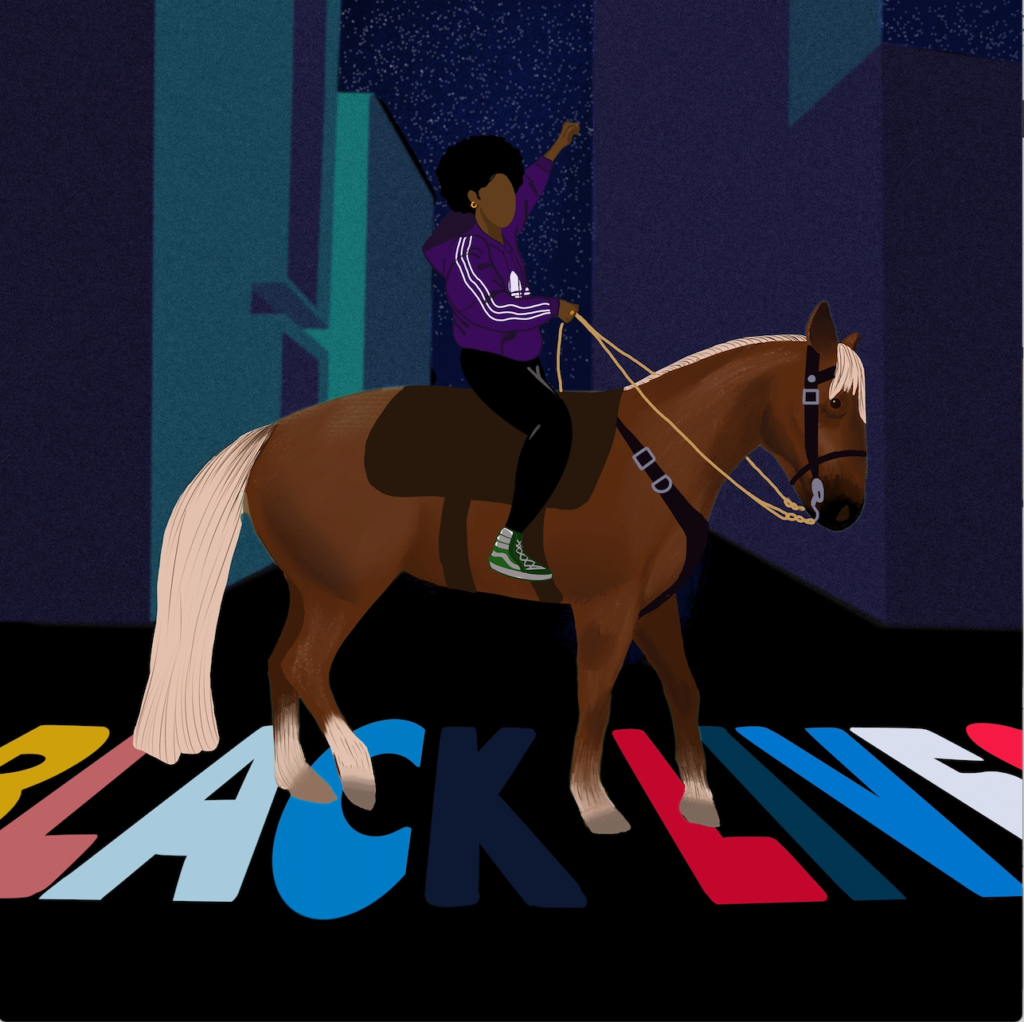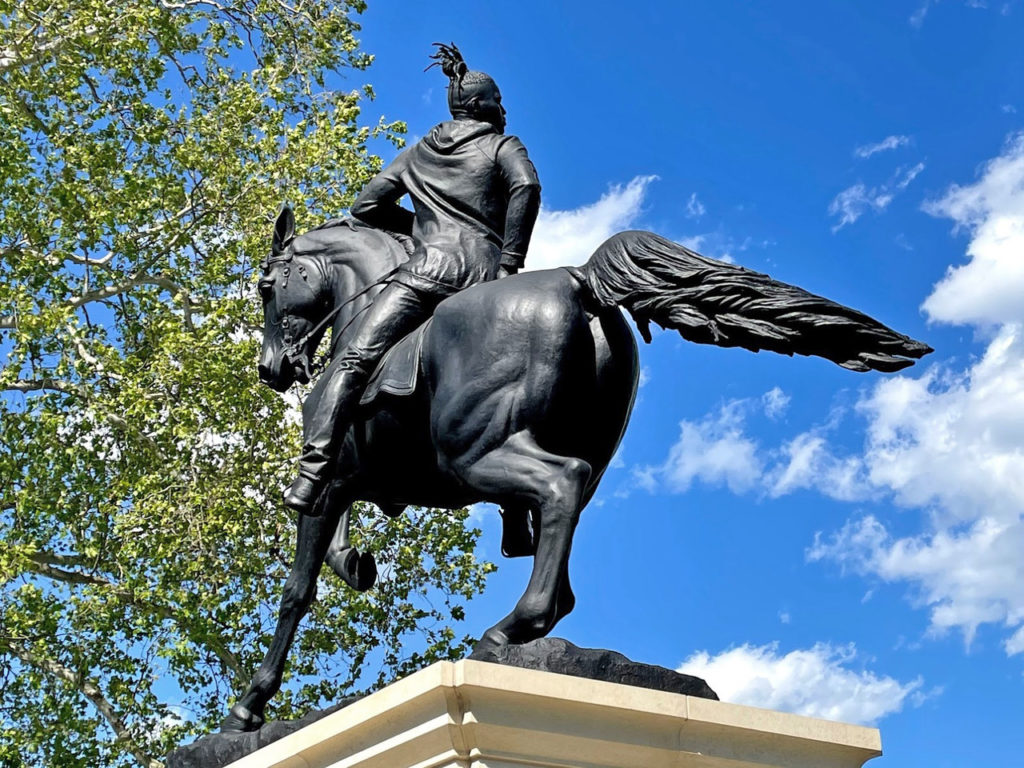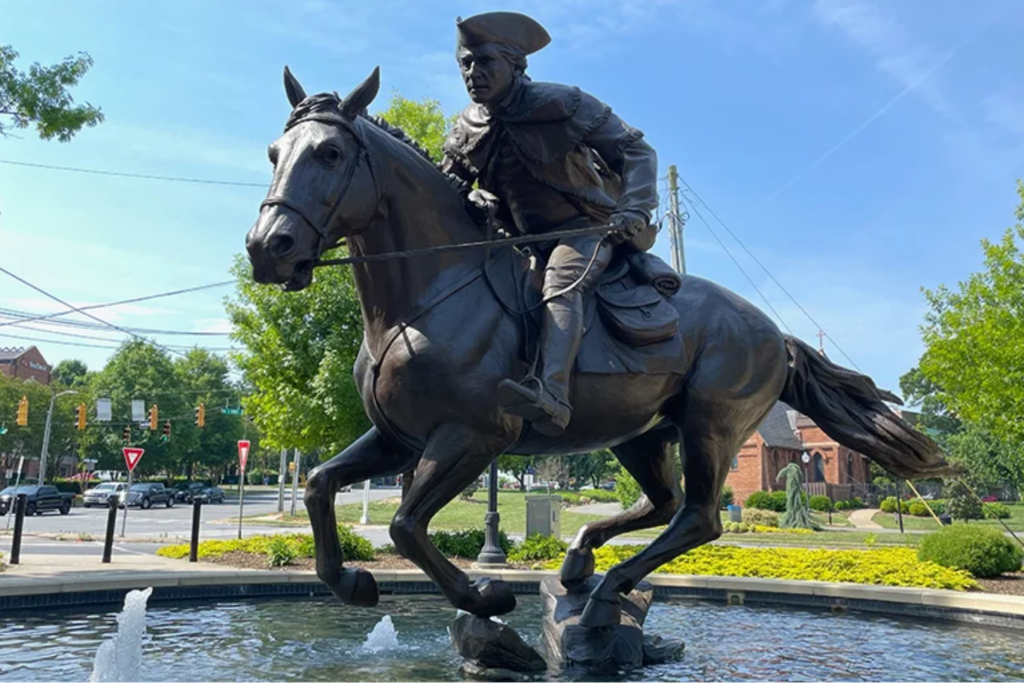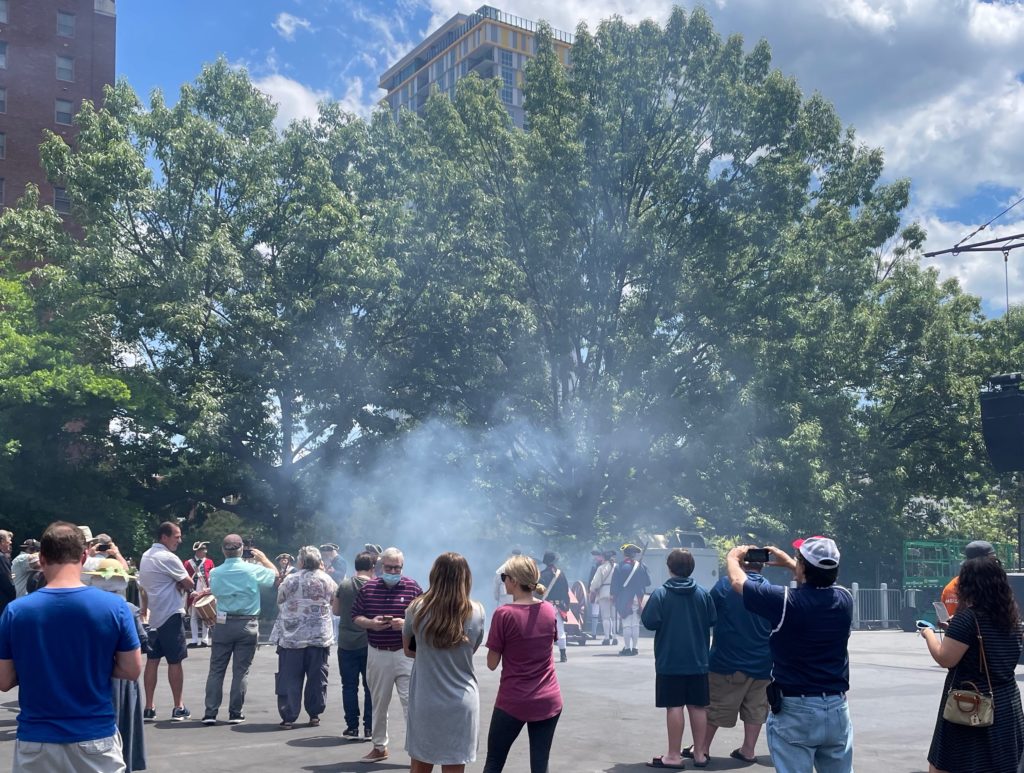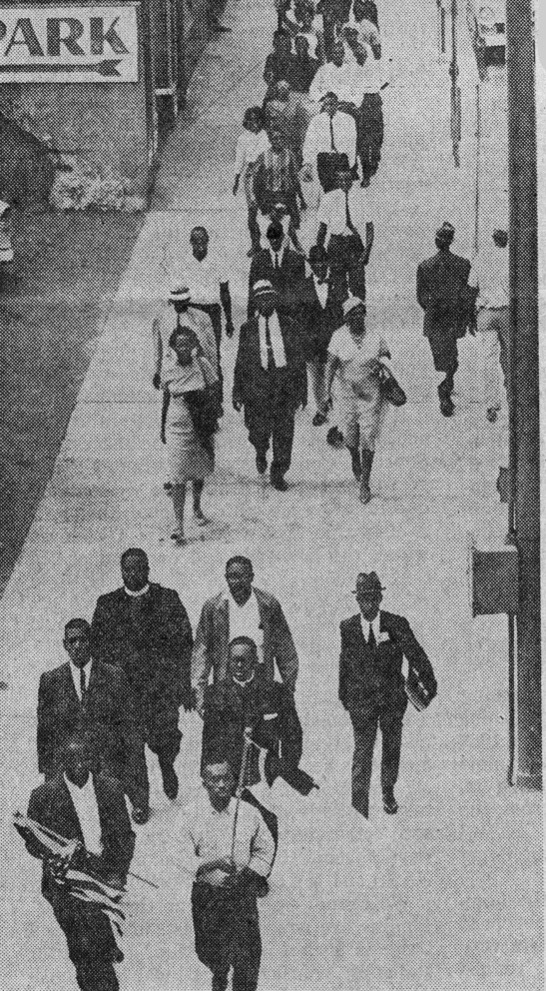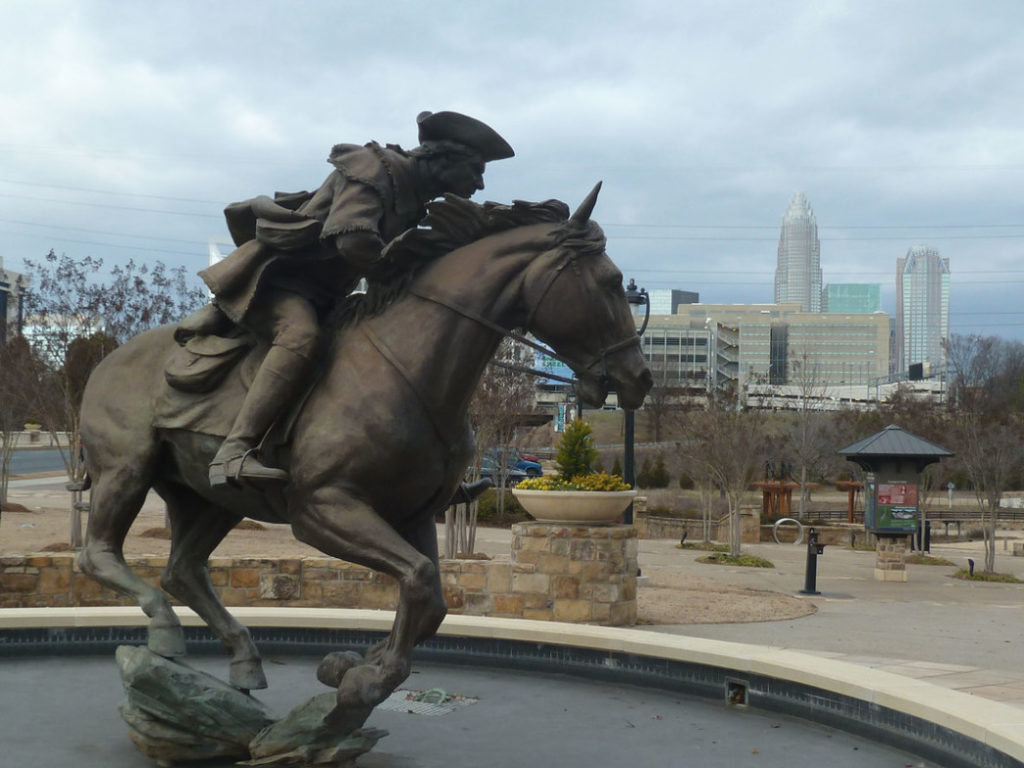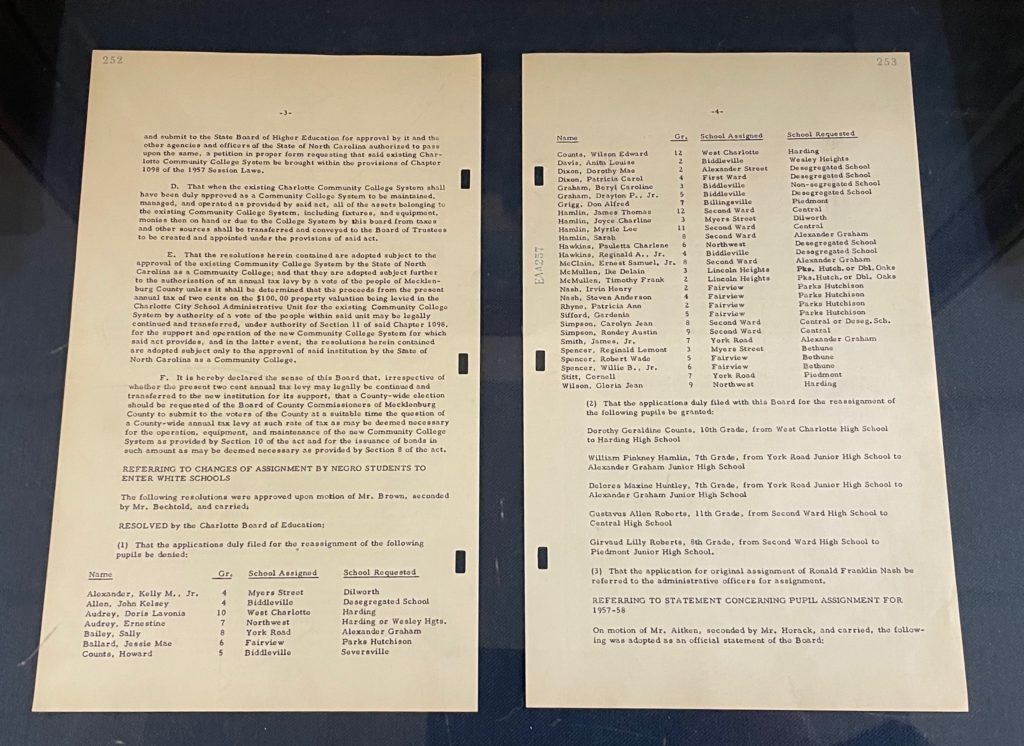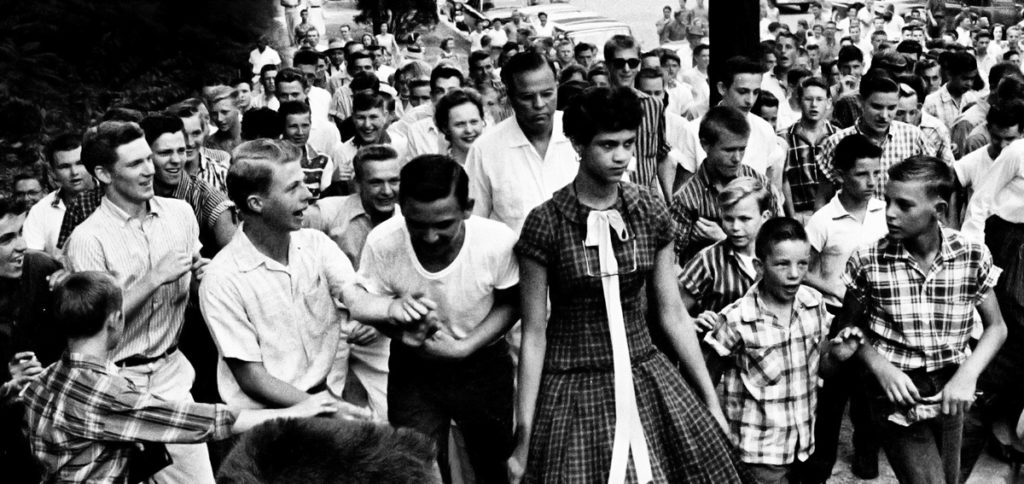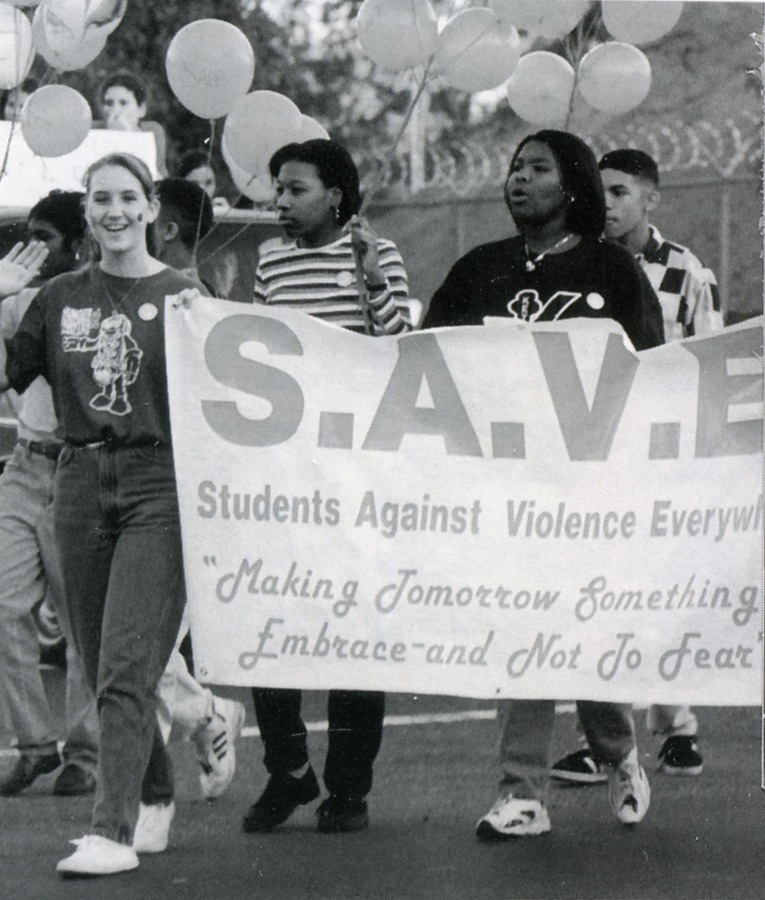History and Trust
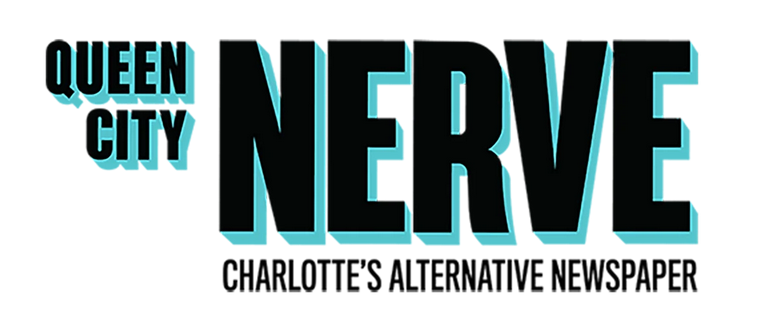

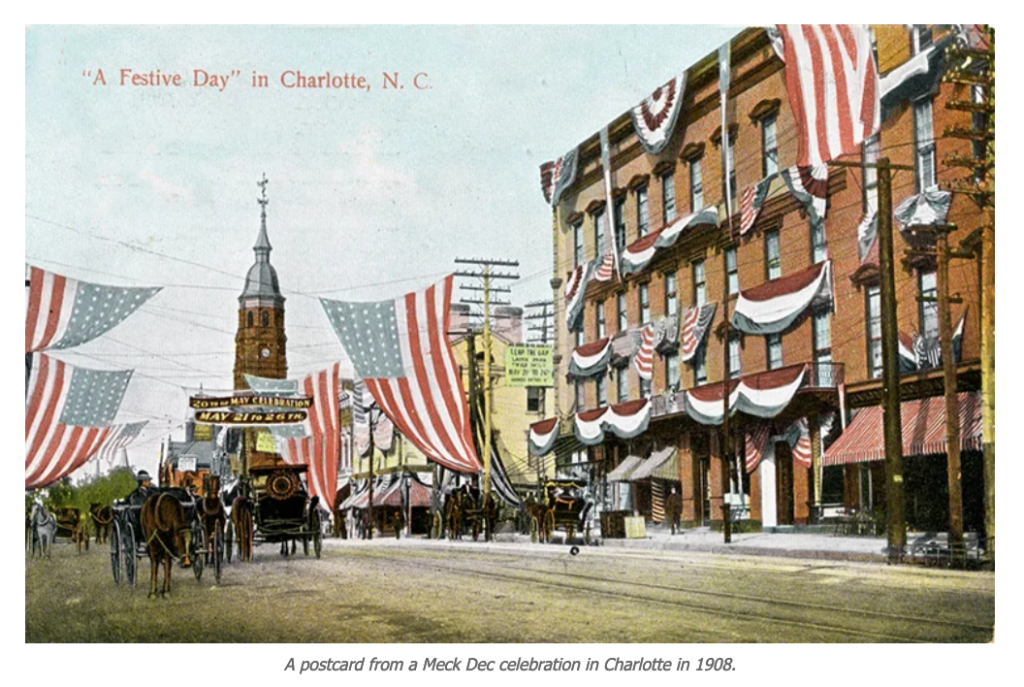
This evening, I spoke to the Charlotte City Council about a proclamation that declared May 20-24 “Mecklenburg Declaration of Independence Week.” The statement followed a long discussion of the city’s 2040 land use plan, near the end of which Charlotte Mayor Vi Lyles pointed out that because of Charlotte’s profoundly problematic racial history – especially regarding the urban renewal of the 1960s – many residents were not inclined to trust vague council promises to act in their communities’ best interests. I believe the history of the Meck Dec offers a similar example of the gap between rhetoric and reality.
My remarks were grounded in two articles from the May 19 Queen City Nerve: Black History of Charlotte: Slavery and Revolution and Rethinking the Mecklenburg Declaration of Independence.
Good evening everyone. Two weeks ago, a city resolution proclaimed May 20-24 “Mecklenburg Declaration of Independence Week.”
Now it’s clear to all that the Declaration’s most famous words – “we do hereby declare ourselves a free and independent people” – were not meant to apply to the many people of African descent enslaved in Mecklenburg County on May 20, 1775, the day the Declaration is said to have been signed.
Fast forward to May 20, 1867. Charlotte’s newly emancipated African Americans seized the spirit of the Declaration, choosing “Meck Dec Day” to officially form their first political organization, and lauding the date as “connected to liberty and the political equality of man.”
If Charlotte’s white leaders had welcomed them with open arms, we could have had the most marvelous May 20 celebration this year, one that celebrated the 1775 event and the 1867 event and the steady expansion of freedom.
But of course, that didn’t happen.
Fast forward again to 1963. Almost 100 years after the Civil War ended it still made sense for activist Reginald Hawkins to choose May 20 for a civil rights march, and to use the contradictions between the Declaration’s rhetoric of freedom and the persisting oppression of African Americans to underscore his message of ongoing struggle: “There is no freedom as long as all of us are not free.”
Given current efforts to address the full realities of this nation’s history, a history that has had a profound effect on the situation we face today, if the city is to declare a Mecklenburg Declaration of Independence Week next year, it should commemorate not simply events in 1775, but also the long struggle waged by Mecklenburg County’s African Americans, along with others, to also become a “free and independent people.”
Thank you.
